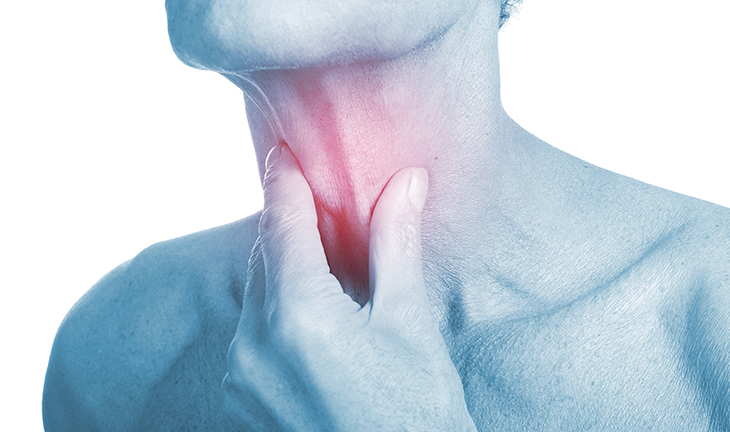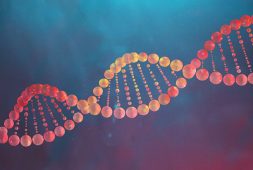
Gastroesophageal reflux disease (GERD) is a medical condition characterized by symptoms like acid regurgitation and heartburn. It has long been recognized as a potential precursor to esophageal cancer. However, a recent comprehensive study conducted by researchers at the esteemed Karolinska Institutet, as published in The BMJ, has brought a surprising revelation. The findings indicate that, contrary to previous assumptions, the majority of GERD patients do not face a significantly increased risk of developing esophageal cancer.
This groundbreaking study involved a substantial cohort from three Nordic countries, offering a robust dataset to draw conclusions from. The research results underscore the critical factor of esophageal mucosal changes. Specifically, the heightened risk of esophageal cancer only becomes relevant when gastroscopy, a procedure for visualizing the esophagus, reveals alterations in the esophageal mucosa. In other words, it’s not merely the presence of GERD but the presence of mucosal abnormalities that appears to elevate the risk of cancer in these patients.
This revelation has important implications for both patients and healthcare providers. It suggests that GERD, on its own, might not be the sole harbinger of esophageal cancer. Instead, the focus should shift towards identifying and monitoring those individuals whose gastroscopic examinations reveal such mucosal changes. This approach could lead to a more targeted and effective early detection strategy for esophageal cancer, potentially sparing many GERD patients from unnecessary anxiety and intervention.
“This is a gratifying result since reflux disease is a very common condition and most patients are found to have a completely normal mucus membrane on gastroscopic examination,” said Dag Holmberg, the study’s first author and a researcher at the Department of Molecular Medicine and Surgery, Karolinska Institutet. He’s also a resident doctor of surgery at Karolinska University Hospital in Sweden.
In cases of gastroesophageal reflux disease (GERD), acidic stomach contents flow back into the esophagus, potentially leading to inflammation in the esophageal mucosa, a condition known as esophagitis. Esophagitis is typically diagnosed through gastroscopy. While it’s well-established that GERD elevates the risk of esophageal cancer, the precise cancer risk for patients with a healthy esophageal mucosa has remained uncertain.
The symptoms of GERD tend to be persistent, prompting many patients to seek medical attention regularly and undergo repeated gastroscopies to monitor for mucosal abnormalities or early signs of cancer.
This study is based on data from national health registries in Sweden, Denmark, and Finland, encompassing more than 285,000 individuals diagnosed with GERD but without any gastroscopic evidence of esophagitis. These patients were tracked for up to 31 years, during which all cases of esophageal cancer were meticulously recorded. The cancer risk in this group was then compared to that of individuals in the general population who were matched by age and sex during the same time frame across the three countries. The findings revealed that there was no heightened risk of esophageal cancer among patients with GERD and an intact esophageal mucosa.
As a point of contrast, the researchers also assessed the cancer risk in over 200,000 individuals who had GERD accompanied by esophagitis. This subgroup exhibited a notably increased relative risk of developing esophageal cancer.
“We now intend to examine what factors other than oesophagitis can be linked to tumor growth in people with reflux disease,” said Jesper Lagergren, the study’s last author and a professor of surgery at the Department of Molecular Medicine and Surgery, Karolinska Institutet. He’s also a consultant surgeon at Karolinska University Hospital.
This research project involved a partnership among scholars from Karolinska Institutet and Karolinska University Hospital in Sweden, as well as the University of Copenhagen in Denmark, along with the universities of Helsinki and Oulu in Finland. Funding for this study was provided by the Swedish Research Council, the Swedish Cancer Society, and the Nordic Cancer Union.
This groundbreaking research from the Karolinska Institutet, encompassing data from three Nordic nations, has challenged previous assumptions about the cancer risk associated with GERD. It highlights the significance of esophageal mucosal alterations as a key determinant of elevated cancer risk in GERD patients. This newfound understanding could revolutionize the management and surveillance of GERD patients, with the potential to significantly impact esophageal cancer prevention and early detection efforts.



